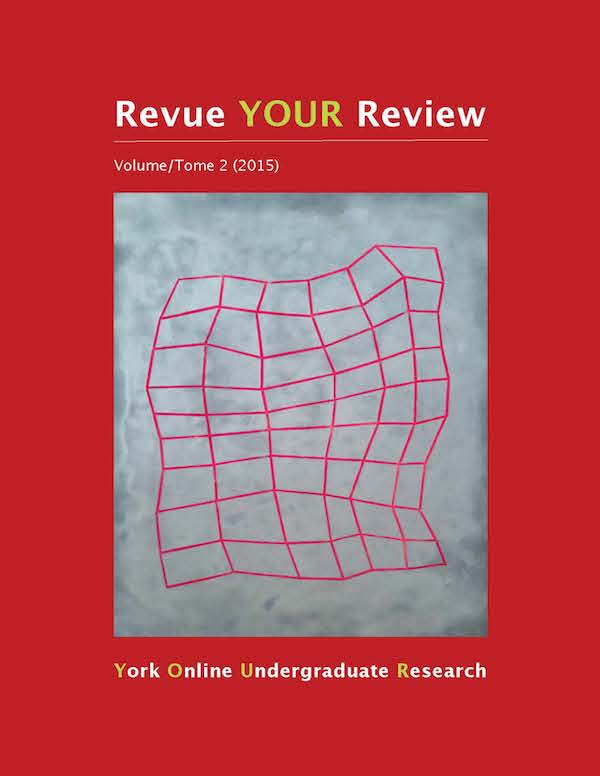The Internet and Alternative Copyright: YouTube as a Starting Point
Abstract
In the contemporary state of intellectual copyright online, there is a gravitation towards restricting consumer access to maintain corporate profit. Using video-sharing site YouTube as a case study, I argue that a more creative approach to policing copyright infringement is needed; otherwise, both consumers and producers lose a considerable amount of freedom in the ways they choose to interact with creative works online. YouTube’s policy of giving content owners the options to block, monetize, or track their protected content allows consumer access to subsist, while simultaneously appeasing corporate interests. Despite this, YouTube’s copyright policy may lead to a more commercialized setting, in which professionally generated content dominates over the amateur content that YouTube’s slogan—“Broadcast Yourself”—claims to offer. Consequently, YouTube’s copyright policy should be thought of as a step in the right direction, but not a viable solution to restrictive copyright altogether. The Internet’s current designation as a setting for copyright infringement is part of a historical trajectory. New technological media are often thought of as safe-havens for copyright infringement, and must often struggle to find legal grounding on which their survival may be secured. Alongside the VCR, the phonograph, and the portable MP3 player, the capabilities of the internet to rapidly and cheaply share creative content are likely here to stay. For copyright law to compete with the instantaneousness of peer-to-peer networks, it must be updated to find alternative methods of protecting intellectual property.
Downloads
How to Cite
Issue
Section
License
Authors contributing to Revue YOUR Review agree to release their articles under one of three Creative Commons licenses: Creative Commons Attribution 4.0 International; Creative Commons Attribution-NonCommercial 4.0 International; or Creative Commons Attribution-NoDerivatives 4.0 International. All editorial content, posters, and abstracts on this site are licensed under Creative Commons Attribution-NoDerivatives 4.0 International. For further information about each license, see:
https://creativecommons.org/licenses/
In all cases, authors retain copyright of their work and grant the e-journal right of first publication. Authors are able to enter into other contractual arrangements for the non-exclusive distribution of the e-journal's published version of the article (e.g., post it to an institutional repository or publish it in a book or in another journal), with an acknowledgement of its initial publication in this e-journal.


